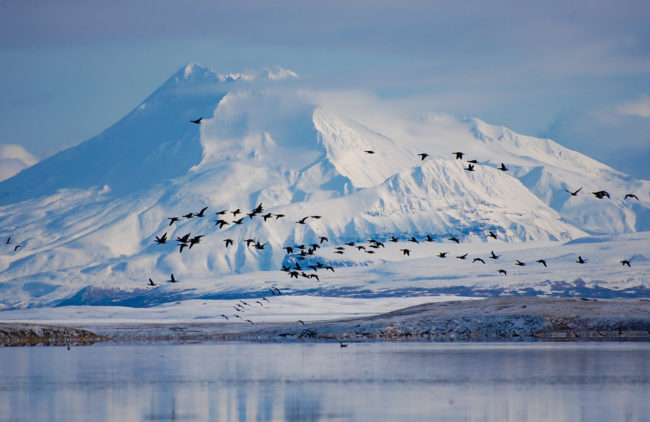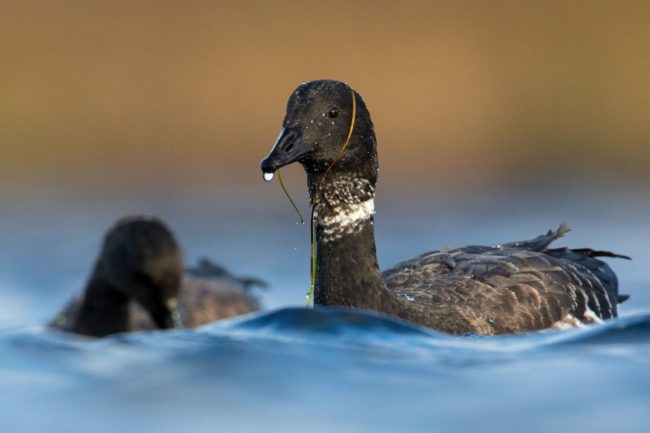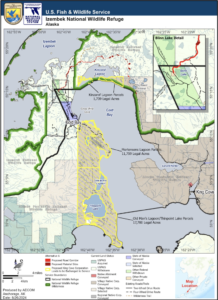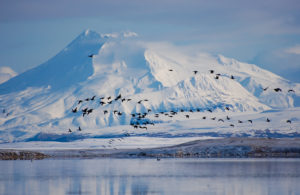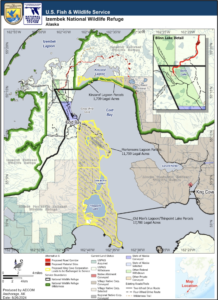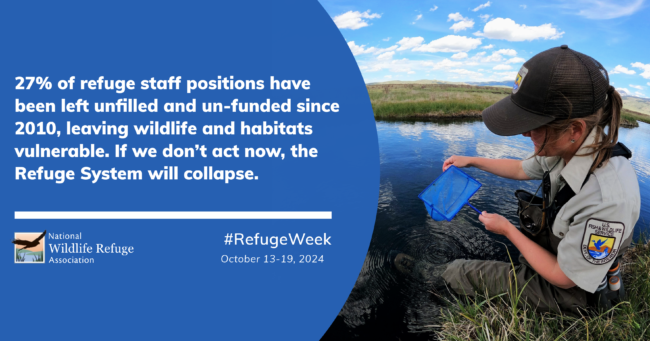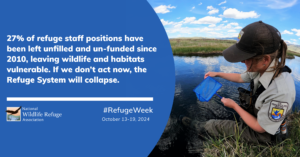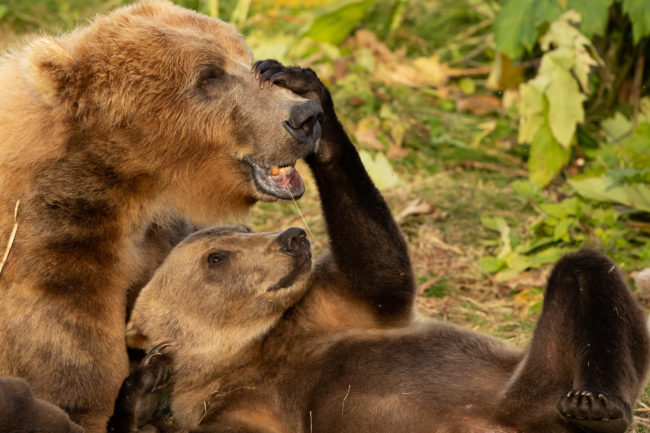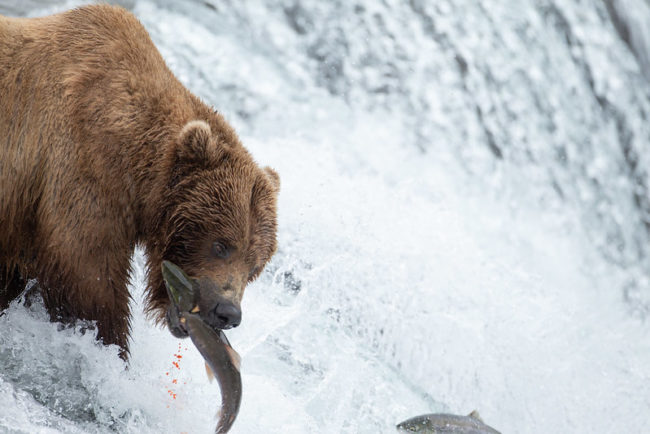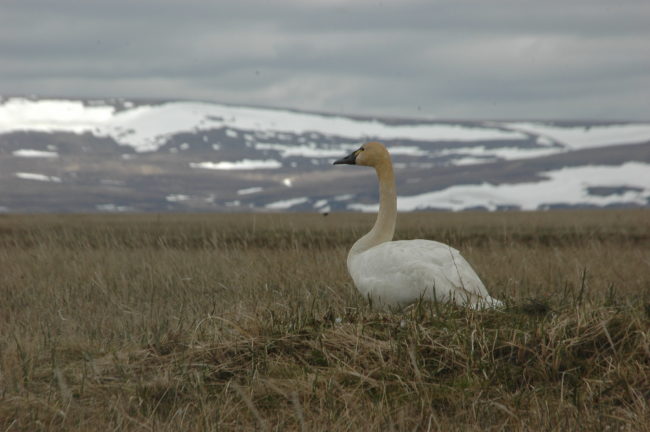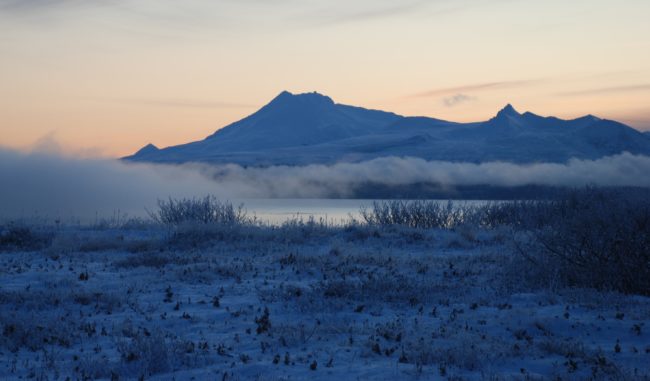The President’s Message
By Marilyn Sigman, President Friends of Alaska National Wildlife Refuges
There has never been a time like the present in my lifetime when National Wildlife Refuges—and their hard-working staff dedicated to carrying out the mission of the Refuge system—need friends who share the mission of stewardship of these lands and waters. Many of our members have spent part or all of their careers working in fields related to fish, wildlife, and habitat conservation. Others of you have joined Friends because you enjoy spending time outdoors hunting, fishing, hiking, birdwatching, and canoeing on refuges. You have responded to our calls in the past to speak out to our elected officials in support of good refuge policies and public land management actions. But now the entire system and its mission is under attack.
We are faced with an Administration that is likely to cut the federal budget more deeply than it has already been cut, which has already left Alaska’s refuges woefully understaffed to do the necessary research, conservation work, and outreach and education that promotes long-term stewardship. The Kodiak Refuge Visitor Center has already cut back with a seasonal closure and refuge outreach and education programs in Fairbanks have been canceled indefinitely. Oil and gas development is being targeted on all federal lands. Future layoffs could mean shuttering refuge facilities completely. Some refuges in Alaska are heavily visited, such as Kenai and Alaska Maritime, but others are used almost solely by subsistence users. Visitors would still be able to access refuges, but without any staff on site, we can anticipate increased poaching, garbage dumps, and other illegal uses of refuge lands.
What can we do? An immediate advocacy action you can take is to send in comments on the Izembek road draft Supplemental Environmental Impact Statement by this Thursday, February 13. Please click the link below to comment. Tell the Administration to choose the no-action alternative.
The Friends Board is committed to developing fund-raising strategies to greatly increase the amount of financial aid we can provide to refuges. If you would like to be involved in this effort, please contact a Board member.
I urge all of you to be friends to the Refuge staff who are feeling attacked by buyout demands and the removal of all references to climate change and the importance of diversity, equity and inclusiveness in the federal workforce as well as the participation of the diverse stakeholders in refuge management. Call, text, or send a thank you email to staff members you know or may have worked with as a Friends’ volunteer. We will also need more volunteers, so look for opportunities posted on the Friends website.
I urge all of you to be a friend to Alaska’s National Wildlife Refuges by writing and calling your Congressional representatives. For Alaskans, Senators Murkowski and Sullivan and Congressman Begich have the power to stop these impacts to OUR refuge lands as do the representatives of Friends’ members in other states. The Capitol switchboard is 202-224-3121.
I urge you to be persistent and relentless in speaking up about what is so valuable about the refuges and the mission of stewardship of these unique conservation lands.

